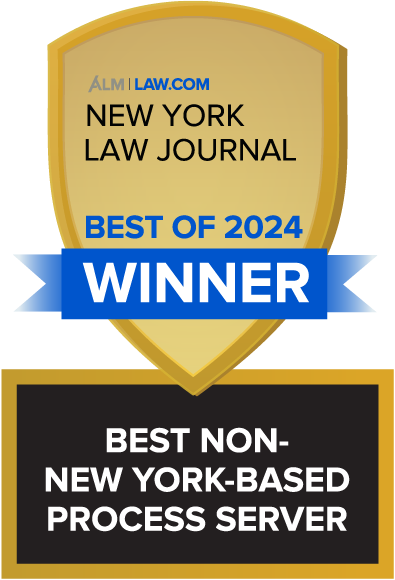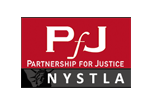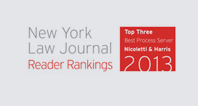One of the more common documents involved in court cases is the subpoena, which is issued when a party wishes to obtain evidence or testimony from someone. For litigators, it is a useful tool, allowing them to collect evidence more easily from third parties by placing the power of the court behind their efforts. But what exactly is a subpoena, and what happens if someone fails to appropriately respond to one?
Put simply, a subpoena is an order to produce desired evidence or testimony on behalf of a party to a court case. Unless there is a recognized legal privilege or confidentiality issue, the evidence or testimony must be provided as requested, under penalty of law. There are two primary kinds of subpoena: a subpoena duces tecum, which is a request for evidence; and a subpoena ad testificandum, which is a request to provide testimony to a court. Once someone receives a subpoena, they have one of three options:
1. Produce the evidence or testimony requested.
2. Contest the subpoena in court.
3. Refuse to obey the subpoena and risk legal penalties.
While it is perfectly fine to contest a subpoena, once any issues have been fully litigated, production of the requested evidence or testimony is mandatory. Failure to comply with a subpoena can result in court fines, or even result in the subpoenaed individual being held in contempt, remanding them to jail until they choose to comply. Thus, subpoenas are powerful tools in the hands of litigators, wielding the power of the court to help them collect evidence and procure testimony on their clients’ behalf.
If you are a litigator looking to serve a subpoena on someone, look no farther than Nicoletti & Harris. We have provided service of process and litigation support for our clients since 1986, giving us the experience to handle the demands of the modern legal environment. We provide service for all areas of law, assisting clients throughout New York, New Jersey, and Florida. If you require a process server or other forms of litigation support, contact our New York office at (212) 267-6448, or you can contact our New Jersey office at (732) 677-3903, or you can visit our contact page.













I appreciate it when you explained that subpoenas would be orders to produce certain evidence or testimony for a court case. I can imagine how important it must be to hire a subpoena legal service process professional to represent you. They will also educate you on your rights to get the best outcome for your case no matter which side you are on.